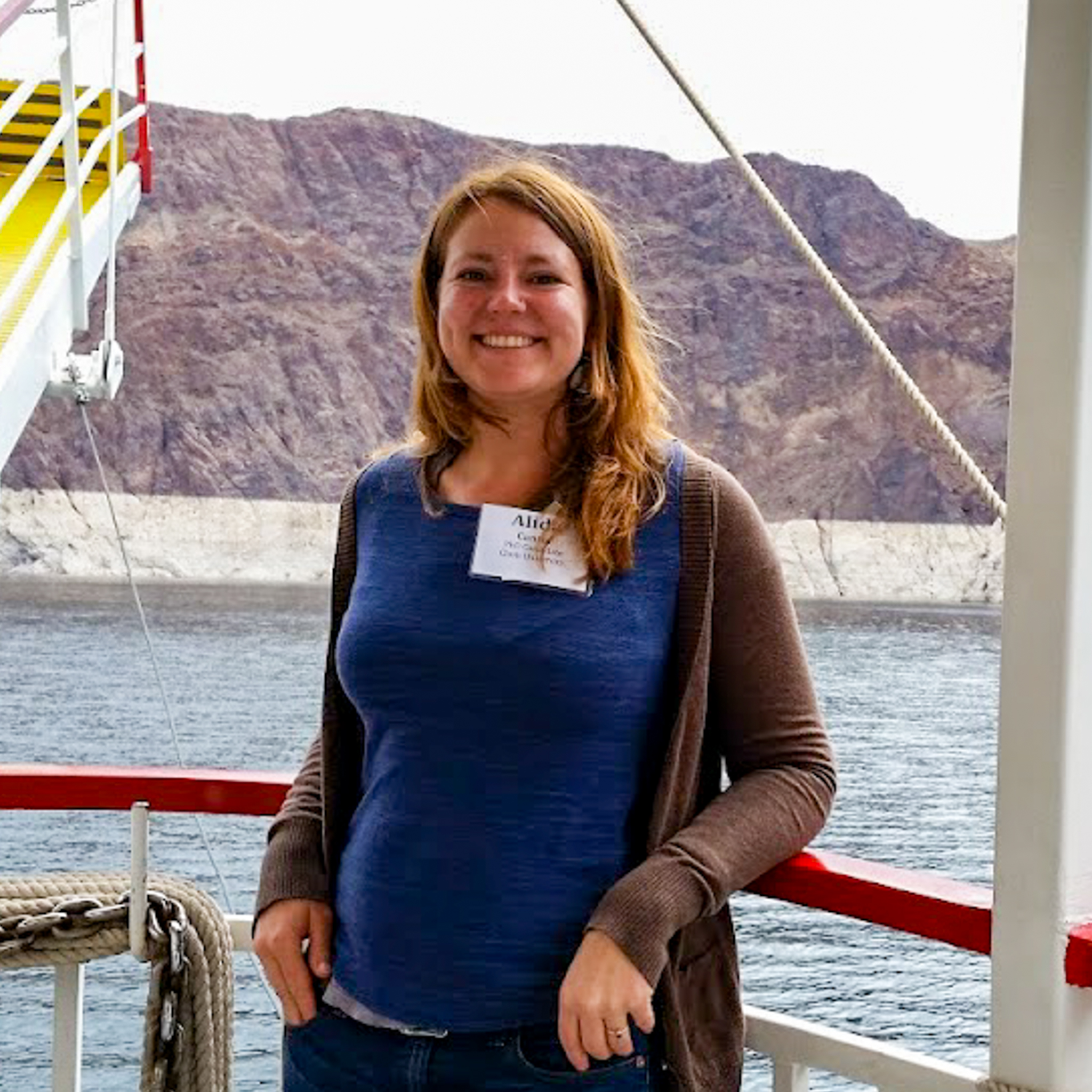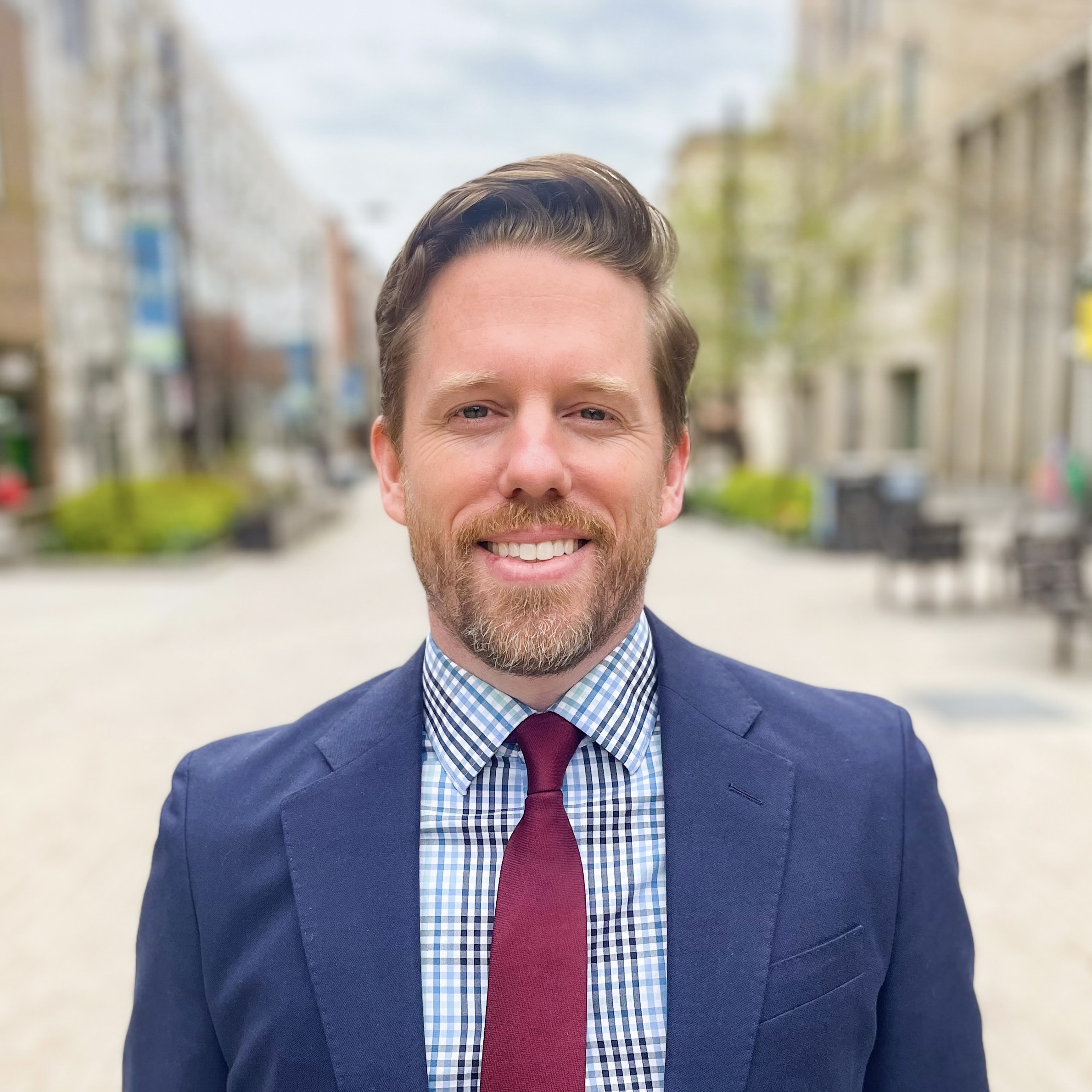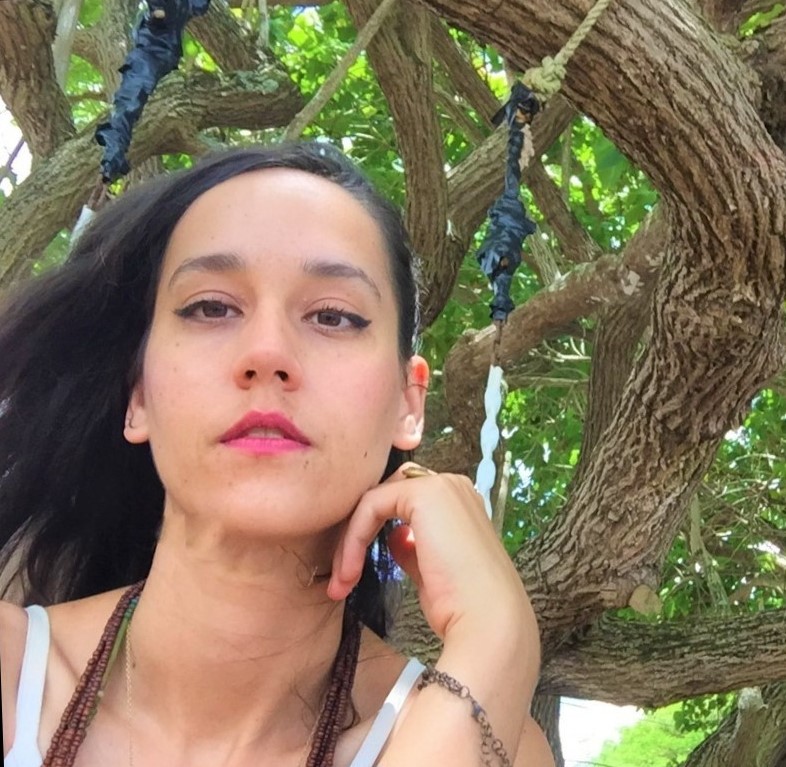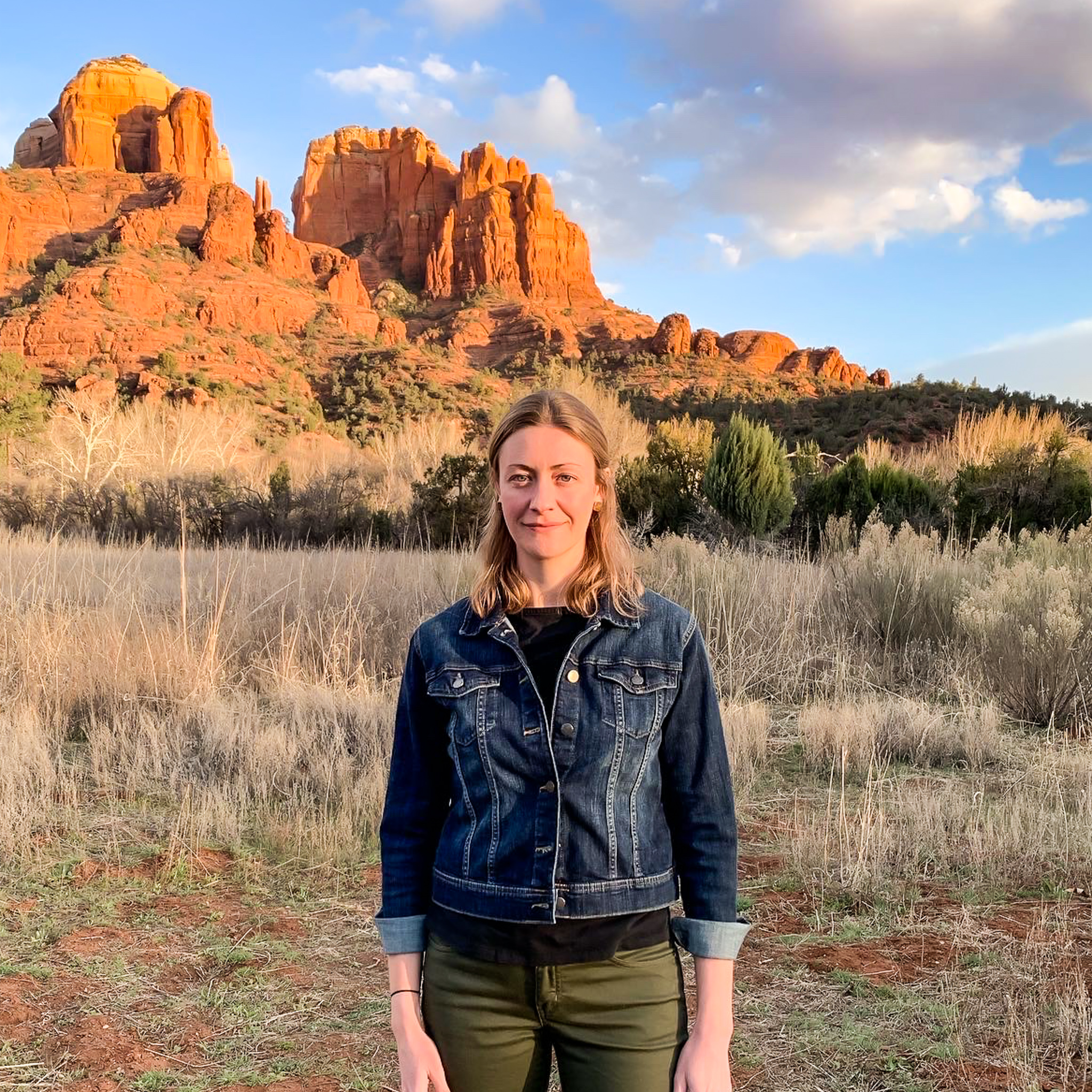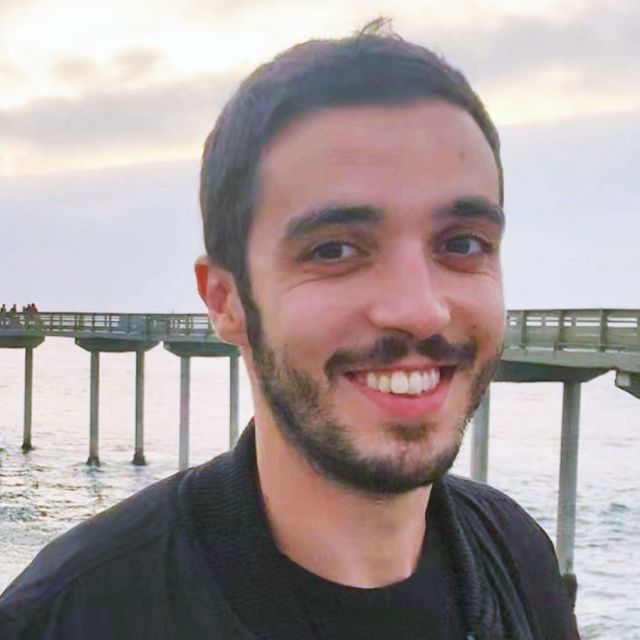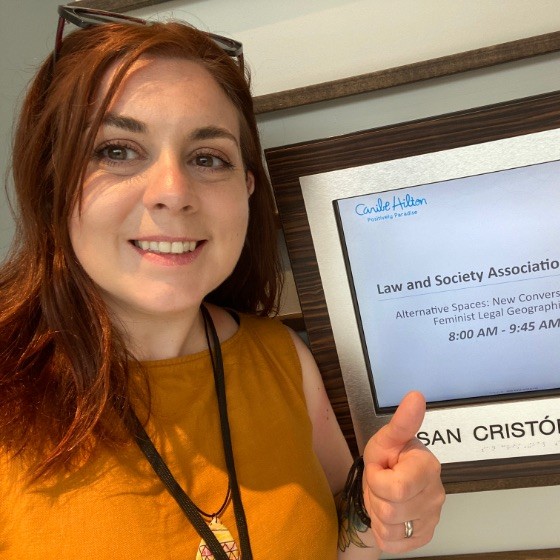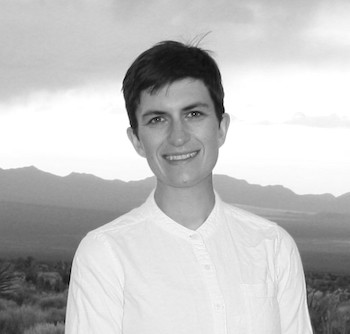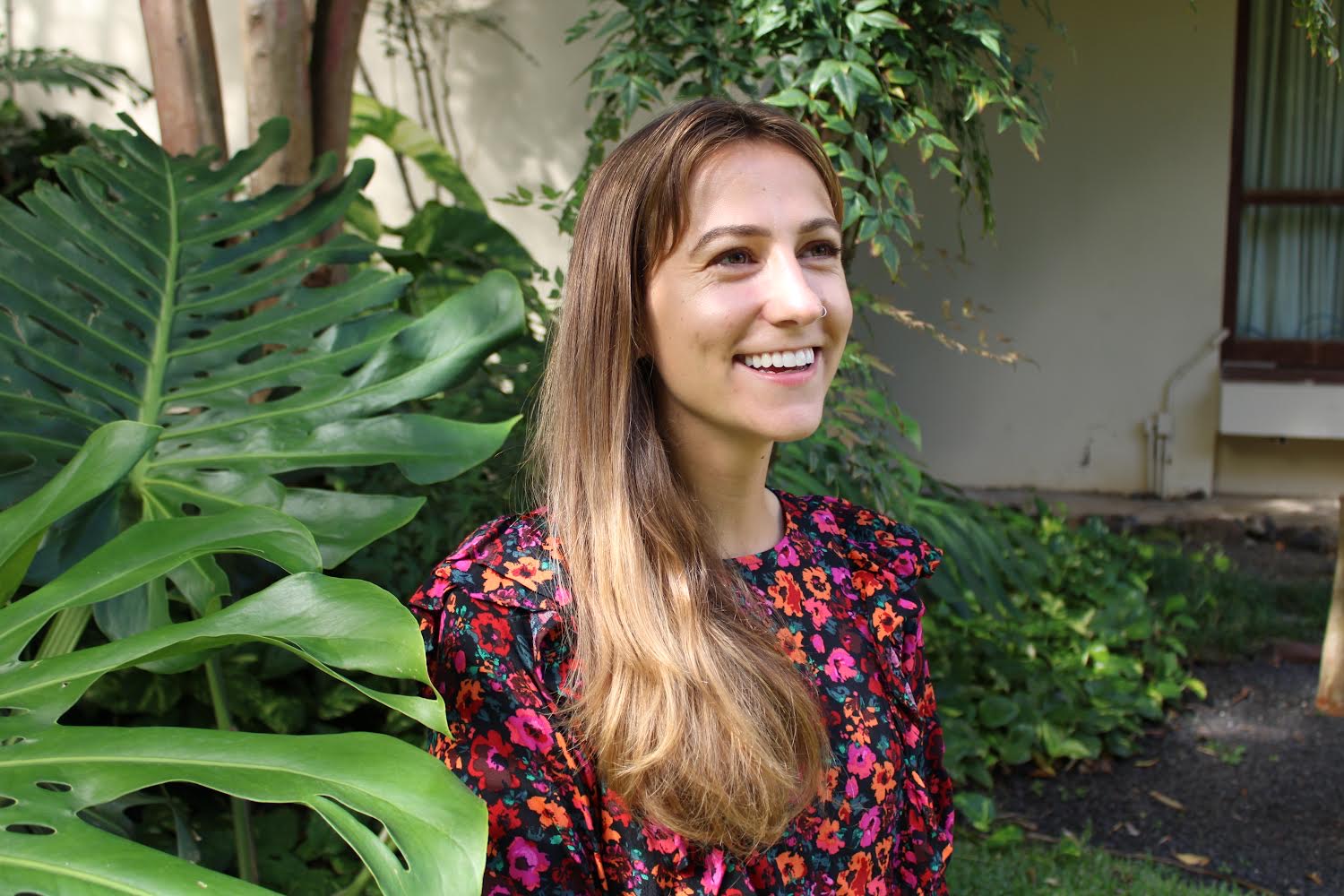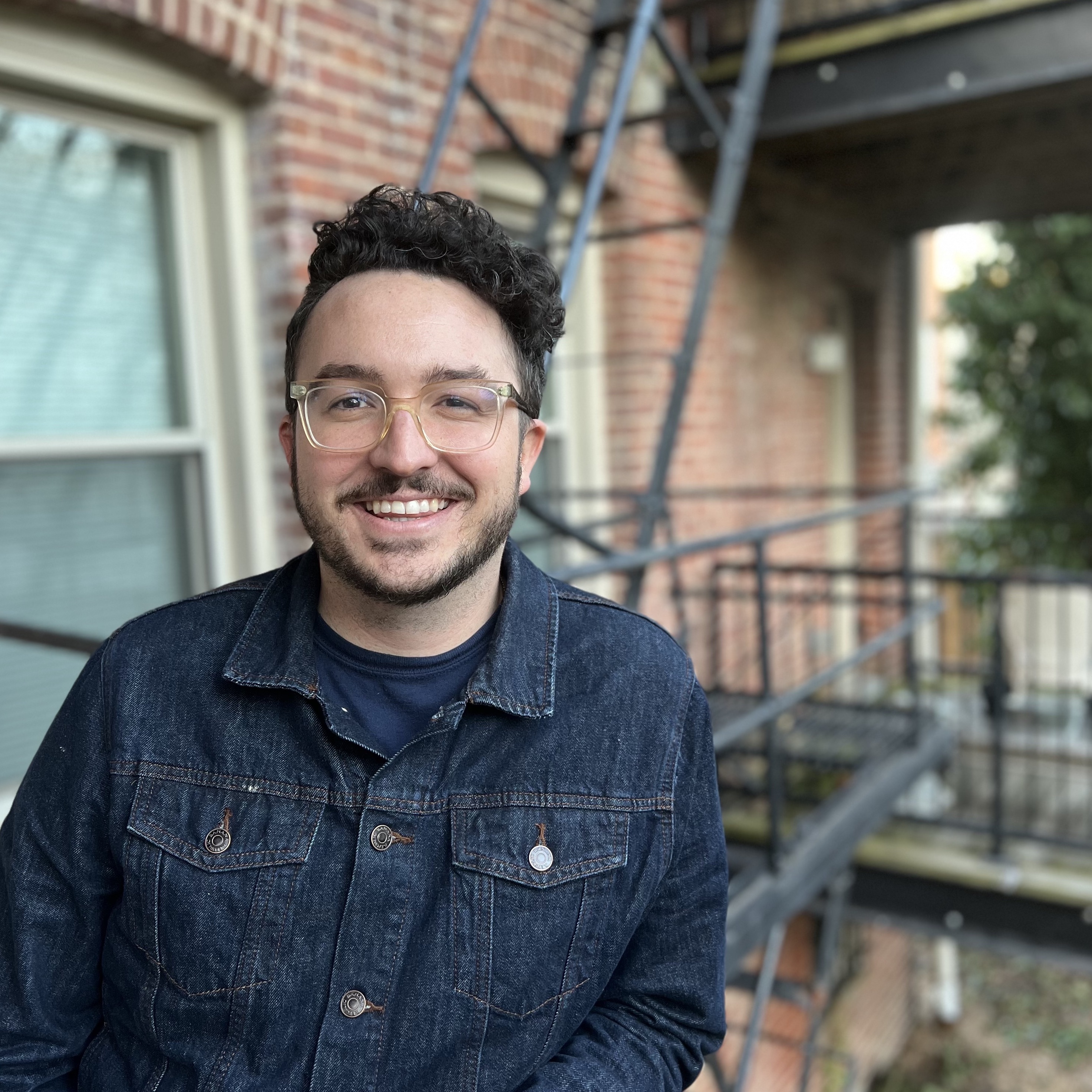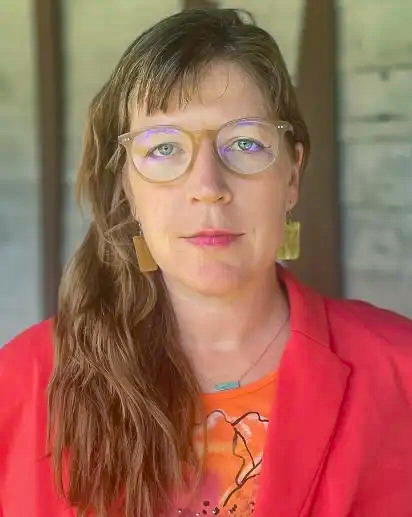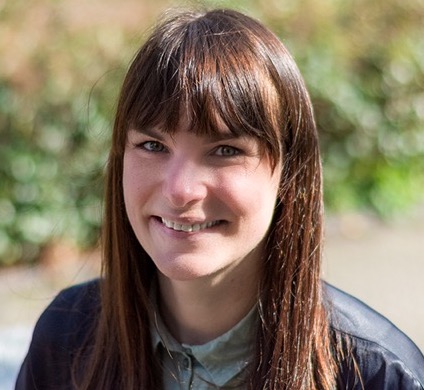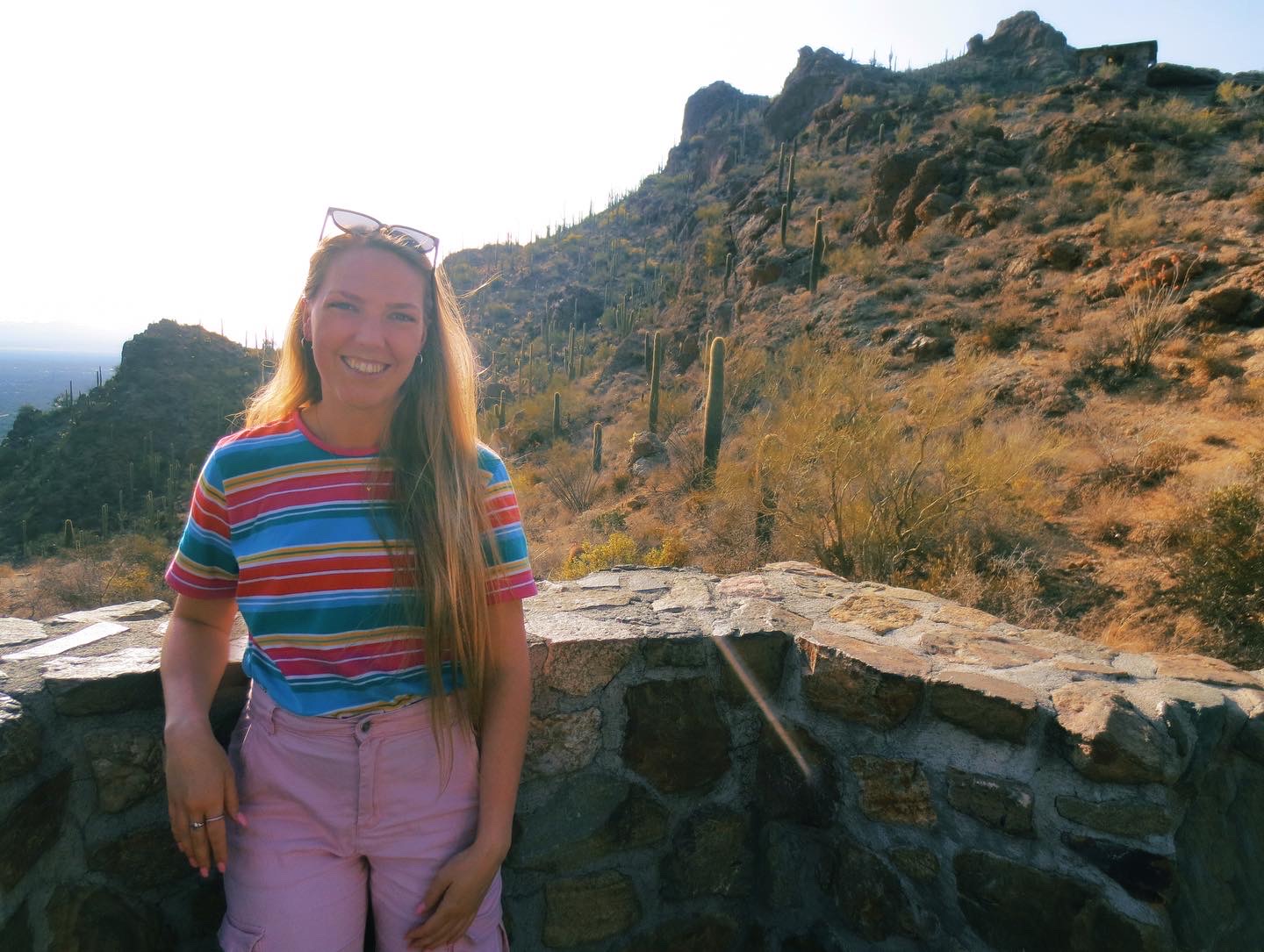Alida Cantor
Dr. Alida Cantor is an Assistant Professor of Geography at Portland State University. She is broadly interested in political ecology, legal geography, and human-environment interactions. Her research focuses on understanding water resources management, and how water management can be more sustainable and just. Her work contributes to the areas of water governance and hydropolitics, legal political ecology, and environmental justice. Cantor’s research also informs policy and practice of water governance and resource management. Cantor is currently the chair of the Legal Geography Specialty Group of the American Association of Geographers.
